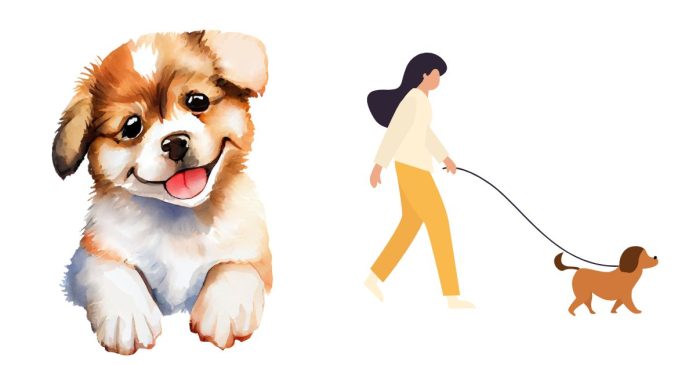Understanding whether a dog is homosexual is not a straightforward concept, as animals, including dogs, don’t have sexual orientation in the same way humans do. However, dogs may exhibit behaviors that could be interpreted as sexual in nature, but it’s important to understand these actions in context:
- Mounting Behavior: Dogs sometimes mount other dogs of the same sex, but this doesn’t necessarily indicate sexual attraction or preference. Mounting can happen for various reasons, including:
- Dominance: Dogs may mount as a sign of establishing dominance or social hierarchy, rather than sexual interest.
- Play: Play behavior, especially in puppies, can involve mounting as part of their social interaction.
- Excitement or Stress: Dogs may mount when excited, anxious, or overstimulated, regardless of the gender of the other dog.
- Same-Sex Social Interaction: Dogs may engage in playful behavior or grooming with dogs of the same sex, but this again doesn’t necessarily indicate sexual preference. It’s simply part of normal socialization or bonding.
- Hormonal Influence: Dogs’ behavior can be influenced by hormones, especially if they are not spayed or neutered. Intact (not neutered/spayed) dogs might show more frequent sexual behaviors, but these are often driven by instinct rather than sexual orientation.
Key Takeaways:
- Sexual behavior in dogs often revolves around instinct, hierarchy, or social interactions, rather than a sexual orientation like humans experience.
- Same-sex behavior is common and natural, and doesn’t necessarily equate to a “homosexual” orientation.
- Understanding dog behavior requires context, as actions like mounting or sniffing are often more about communication, dominance, or excitement than sexual attraction.
If you’re concerned about your dog’s behavior or are noticing unusual patterns, it’s always a good idea to consult a veterinarian or an animal behaviorist to ensure your pet is healthy and behaving normally.


